Steven Spielberg Went To War Against Disney And Almost Won
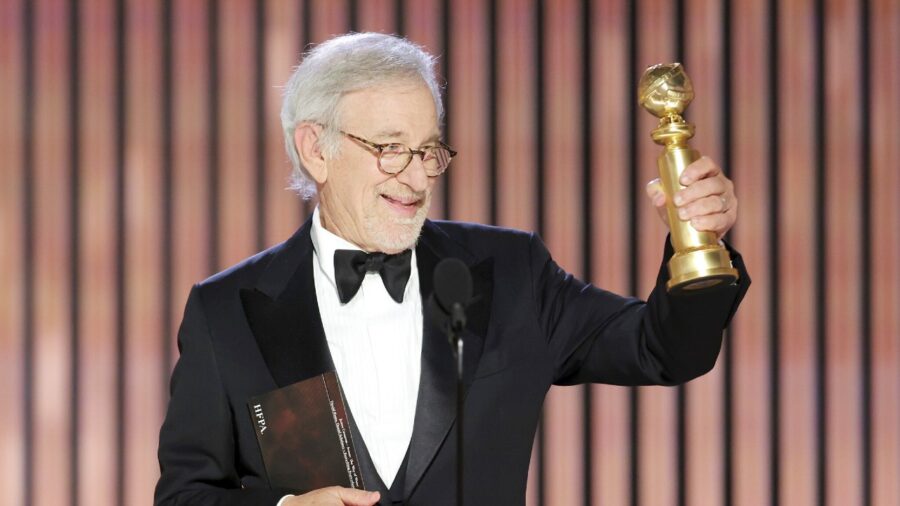
Disney has dominated the cultural landscape for so long that it’s hard to remember when it wasn’t the largest name in entertainment, and while it was a goliath back in the 80s, the company was reeling from one poor decision after another. At the same time, Steven Spielberg was entering his prime and had, in 1981, started his own production company, Amblin Entertainment, which would soon go on to produce one blockbuster after another. Yet his boldest move was partnering with former Disney animator the legendary Don Bluth for a series of animated movies that beat Disney at the box office.
The Animation Genius Of Don Bluth
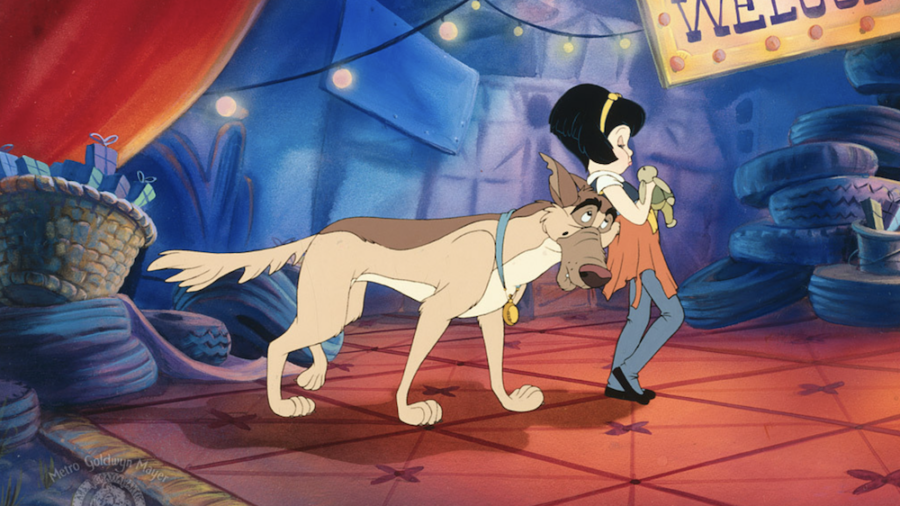
Don Bluth is a name you might recognize, not only as the creator of the famous Dragon’s Lair arcade game but also as one of the gifted talents who worked on Robin Hood, The Rescuers, and Pete’s Dragon for Disney. His studio also made a little film called All Dogs Go To Heaven, which, despite common belief, is not a Disney film, nor is Bluth’s princess movie, Anastasia. Hungry and wanting to leave his mark on the world of animation just as his idol, Walt Disney, had, Bluth left Disney in 1979 when he thought it was turning too corporate and struck out on his own.
A Mouse To Fight A Mouse

Immediately, Don Bluth had success with The Secret of NIMH, a dark, gorgeous film adapting the book about super-intelligent rats, but as gifted an animator as Bluth was, it takes money to succeed, and so he needed a partner. Steven Spielberg’s new Amblin Entertainment production company decided to take a risk and partnered with Don Bluth for a pair of feature films, which, again, you might have heard of: An American Tail and The Land Before Time. The timing was perfect, as Disney had just released The Black Cauldron, a film so expensive and so poorly received that it nearly bankrupted the entire company.
Spielberg And Bluth Won Round One
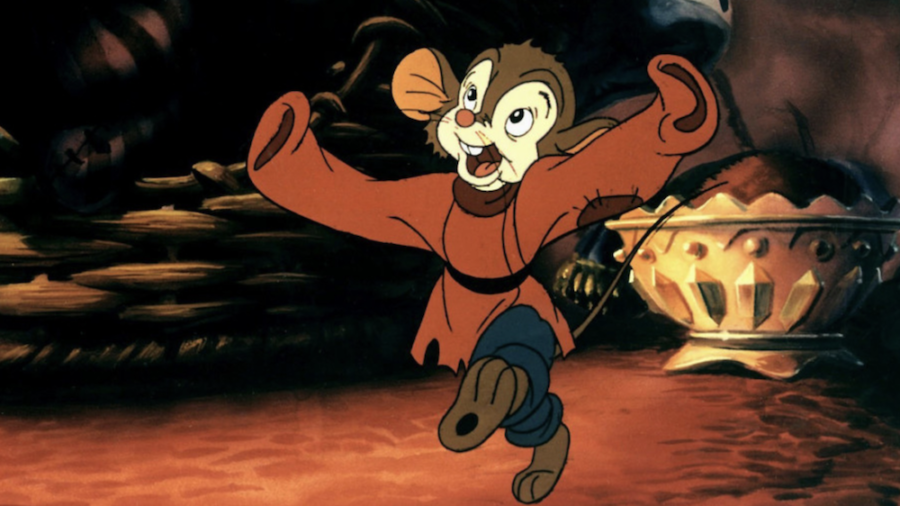
Steven Spielberg is a gifted director, one of the greatest of all time, but he’s not an animator, which is why the partnership between himself and Don Bluth worked out so well. An American Tail, released in 1986, was a smash hit, shattering Disney’s opening weekend records on its way to becoming the top-grossing non-Disney animated feature of all time. Even better for Bluth and Spielberg, Disney released The Great Mouse Detective only a few months prior, and An American Tail outgained the Disney feature by a stunning $20 million.
Not bad for a film starring cute mice about the 19th-century immigrant experience.
Birth Of A Franchise
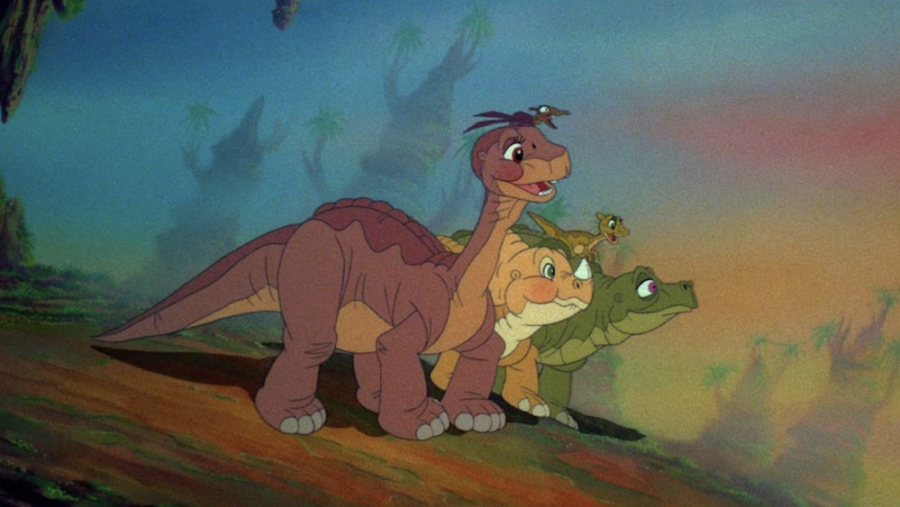
The pair would soon land another punch against Disney’s market dominance with the 1988 film The Land Before Time, following the adventures of the brontosaurs Little Foot and his friends as they search for The Great Valley. Praised by critics as a throwback to the classic Disney films of the 30s and 40s, the Spielberg/Bluth production went on to make $84 million worldwide, another stunning success at the time. Though it lost in theaters by $5 million to Disney’s forgettable Oliver & Company, it was the start of a long-running franchise and the sort of success most studios today would kill to have.
Disney Strikes Back

Steven Spielberg was inspired by his success working with Don Bluth. He would go on to add an animation studio to Amblin Entertainment and continue producing more animated features even after the end of the partnership. Amblination, the new animation studio, would never match the success of An American Tail and The Land Before Time, as by the time An American Tail: Feival Goes West hit theaters in 1991, Disney was back on top of their game.
The Little Mermaid, released in 1989, saved Disney and forever closed the door for upstarts like Bluth and Speilberg to assert market dominance ever again (despite Dreamworks and Illumination’s best efforts).
Failed To Reach The Same Heights
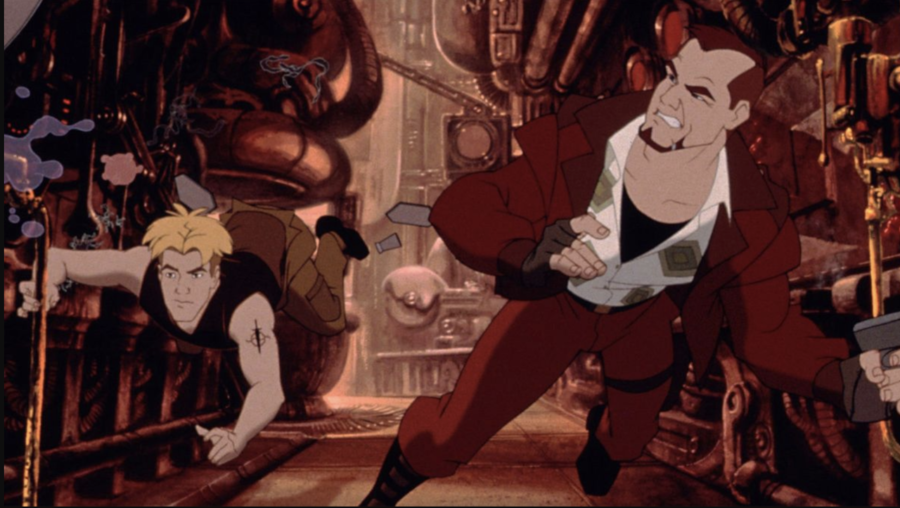
Later animated films produced by Steven Spielberg include 2006’s Monster House and, in 2011, The Adventures of Tin-tin, which he directed himself. Don Bluth would go on to make Anastasia, the greatest animated princess movie outside of Disney, and the criminally underrated sci-fi cult hit Titan A.E. Though they lost the battle of the 80s, Disney went on to become the largest entertainment company in history, all it cost them was everything Don Bluth loved about the company his idol built: their heart.












